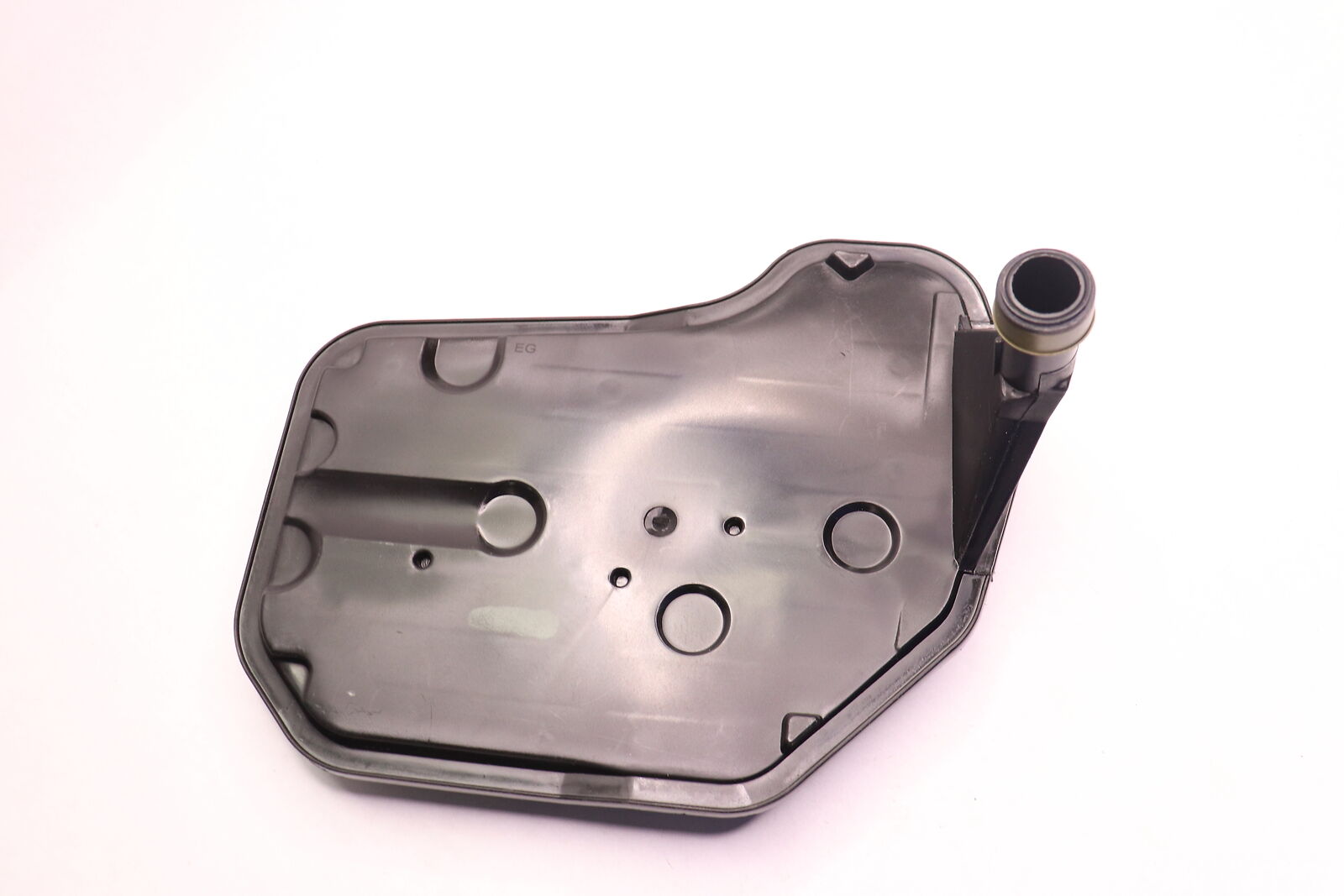
Glass fiber reinforced nylon, also known as PA66 GF33, is a composite material that has gained significant attention in various industries due to its exceptional mechanical properties. This study aims to explore the potential of PA66 GF33 in enhancing the mechanical properties of engineering components and structures. By incorporating glass fibers into the nylon matrix, this composite material exhibits improved strength, stiffness, and impact resistance compared to pure nylon. Moreover, it offers excellent dimensional stability and thermal conductivity, making it suitable for applications where durability and reliability are crucial factors. This article will delve into the manufacturing process of PA66 GF33, examine its unique properties and characteristics, and discuss its potential applications across different sectors.
Overview of PA66 GF33 and its applications
PA66 GF33, or polyamide 66 glass fiber reinforced with 33% filler content, is a high-performance thermoplastic material that offers enhanced mechanical properties. This study focuses on investigating the effects of adding glass fiber as a reinforcement to PA66 and its resulting applications.
Glass fiber reinforcement significantly improves the tensile strength, flexural modulus, and impact resistance of PA66 GF33 compared to unfilled PA66. The addition of glass fibers also enhances its dimensional stability, heat resistance, and creep resistance. These improved mechanical properties make PA66 GF33 suitable for various applications in industries such as automotive, electrical and electronics, aerospace, and consumer goods.
In the automotive industry specifically, PA66 GF33 is commonly used in engine components like air intake manifolds and oil pans due to its excellent chemical resistance and low thermal expansion coefficient. In electrical and electronics applications, it serves as an ideal material for connectors and housings due to its superior electrical insulation properties. Additionally, in aerospace applications where lightweight materials with high strength are required, PA66 GF33 finds use in aircraft interior components such as seat frames.
Overall, the study highlights the significant role of PA66 GF33 in enhancing mechanical properties compared to unfilled Nylon 66 while also exploring its versatile range of applications across various industries.
Mechanical Properties of PA66 GF33
One of the main focuses in the study on glass fiber reinforced nylon (PA66 GF33) is to analyze its mechanical properties. PA66 GF33, which refers to polyamide 66 with 33% glass fiber reinforcement, exhibits superior mechanical strength compared to unfilled nylon. The addition of glass fibers enhances not only tensile strength but also impact resistance and stiffness.
The tensile strength of PA66 GF33 significantly increases due to the presence of glass fibers. The reinforcing effect provided by these fibers helps distribute stress more evenly throughout the material, resulting in improved load-bearing capacity. Moreover, the addition of glass fibers also enhances impact resistance, making PA66 GF33 suitable for applications that require high durability and resistance against sudden impacts or shocks.
In addition to improved tensile strength and impact resistance, PA66 GF33 demonstrates increased stiffness when compared to unfilled nylon. This higher stiffness is attributed to the rigidity provided by the glass fibers present in the material matrix. It allows for better dimensional stability and reduced deformation under load, making it a suitable choice for applications that require structural integrity and precision.
Overall, studying the mechanical properties of PA66 GF33 provides valuable insights into its performance characteristics and opens up opportunities for various engineering applications where enhanced strength, impact resistance, and stiffness are required.
Importance of Glass Fiber Reinforcement in Nylon
Glass fiber reinforcement plays a crucial role in improving the mechanical properties of nylon, especially when combined with PA66 GF33. The addition of glass fibers enhances the strength, stiffness, and impact resistance of the material, making it suitable for various applications where high performance is required. This study focuses on understanding the effects of glass fiber reinforcement on nylon composites and how it contributes to enhancing their mechanical properties.
One significant advantage of glass fiber reinforcement in nylon is its ability to increase tensile strength. The incorporation of glass fibers into nylon matrix creates a composite material that exhibits greater resistance to forces applied along its length. This property makes it ideal for applications such as automotive components, electrical connectors, and structural parts in industries like aerospace and construction.
Another important aspect improved by glass fiber reinforcement is stiffness. Glass fibers are known for their high modulus of elasticity, which helps to increase the rigidity of nylon composites. This enhanced stiffness allows these materials to withstand higher loads without experiencing excessive deformations or failures. As a result, glass-fiber reinforced nylons find applications in areas requiring dimensional stability and load-bearing capabilities.
In conclusion, the use of glass fiber reinforcement in nylon has proven essential in enhancing its mechanical properties such as tensile strength and stiffness. By incorporating these reinforcements into the polymer matrix, manufacturers can create composite materials capable of meeting stringent performance requirements across a range of industries and applications.
Experimental Study on PA66 GF33’s Mechanical Properties
In this experimental study, the mechanical properties of PA66 GF33 (polyamide 66 with 33% glass fiber reinforcement) were investigated. The objective was to evaluate how the addition of glass fibers affected the strength and stiffness of the nylon material.
To conduct this study, samples of PA66 GF33 were produced using injection molding. Various testing techniques such as tensile testing, flexural testing, and impact testing were performed on these samples to assess their mechanical behavior. The results of these tests provided valuable insights into the effects of glass fiber reinforcement on the material’s tensile strength, flexural modulus, and impact resistance.
Overall, this experimental study aimed to contribute to a deeper understanding of how glass fiber reinforcement can enhance the mechanical properties of nylon materials like PA66 GF33. By quantifying and analyzing these improvements, it provides valuable information for industries that rely on strong and durable materials for their applications.
Results and Analysis of the Study
The study on glass fiber reinforced nylon (PA66 GF33) aimed to investigate the impact of the addition of glass fibers on the mechanical properties of nylon. The results of this study revealed significant improvements in various mechanical properties compared to pure nylon.
Firstly, it was found that the tensile strength of PA66 GF33 increased by approximately 40% compared to pure nylon. This enhancement can be attributed to the presence of glass fibers, which act as reinforcements and provide additional strength and stiffness to the material. Moreover, the addition of glass fibers also improved the flexural strength and modulus, resulting in a more rigid and durable material.
Furthermore, analysis showed that PA66 GF33 exhibited improved impact resistance when compared to pure nylon. This is crucial in applications where materials are subjected to sudden impacts or high loads. The study also revealed that this enhancement in impact resistance was accompanied by a slight decrease in elongation at break, suggesting a trade-off between flexibility and impact resistance.
Overall, these results highlight the potential benefits of incorporating glass fibers into nylon composites for applications requiring enhanced mechanical properties such as automotive parts, electrical connectors, and sporting goods.
Potential Applications and Future Research Directions
The study on glass fiber reinforced nylon (PA66 GF33) opens up a wide range of potential applications in various industries. One potential application is in the automotive sector, where PA66 GF33 can be used for manufacturing engine components such as intake manifolds, oil pans, and cylinder heads. The addition of glass fibers to nylon significantly improves its strength and stiffness, making it suitable for these high-stress applications.
Another potential application is in the construction industry, where PA66 GF33 can be utilized for producing structural elements like beams and columns. The enhanced mechanical properties of this material make it ideal for withstanding heavy loads and providing structural stability. Additionally, PA66 GF33 can find applications in the electrical industry due to its excellent electrical insulation properties. It can be used to manufacture insulators, connectors, and other components that require both mechanical strength and electrical performance.
Future Research Directions
While the study on glass fiber reinforced nylon provides valuable insights into its mechanical properties and potential applications, there are still several avenues for future research in this field. One area of focus could be investigating the long-term durability of PA66 GF33 under different environmental conditions such as temperature variations or exposure to chemicals.
Moreover, further research could explore optimization techniques that aim to enhance the material’s performance by varying factors like fiber length or orientation within the matrix. Additionally, studies focusing on developing cost-effective manufacturing methods for large-scale production of PA66 GF33 would contribute towards expanding its practical applications.

